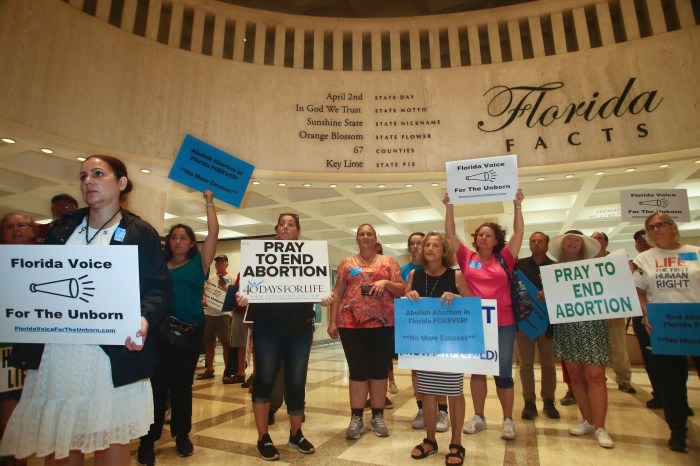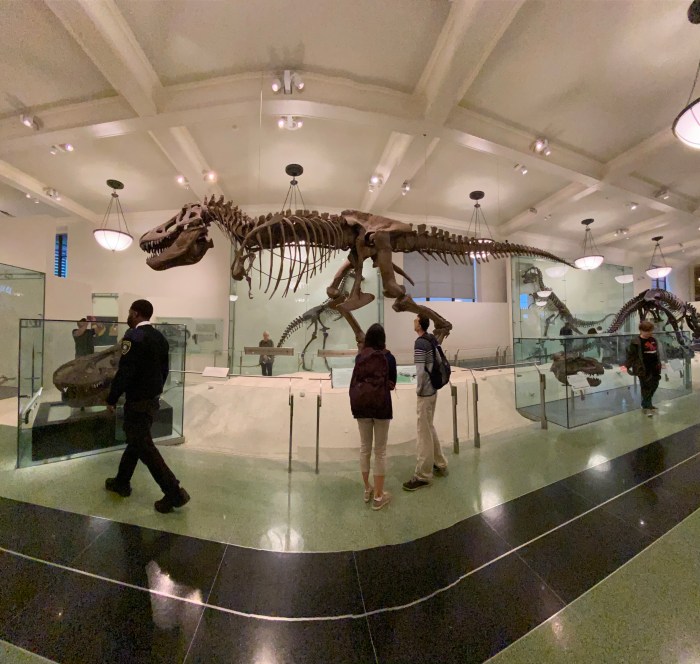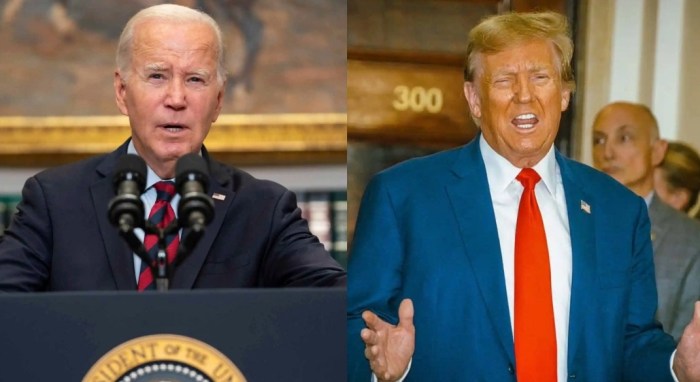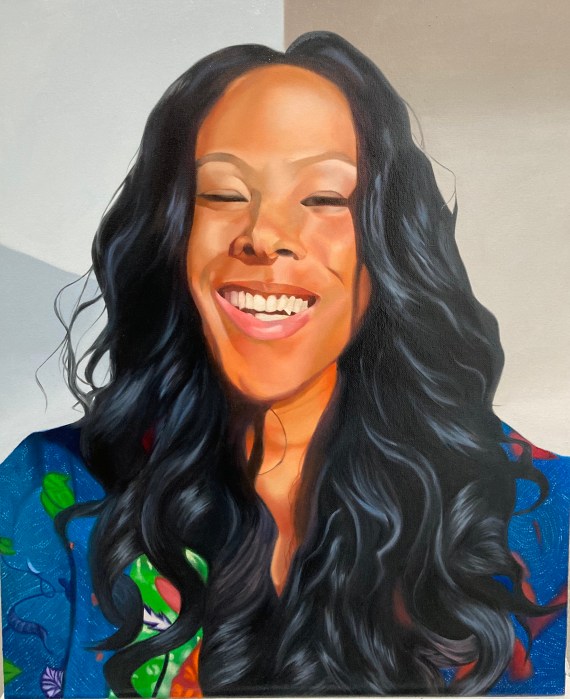
Mayor Bill de Blasio, along with local and federal law enforcement officials, on Friday laid out a plan to address security, traffic and congestion surrounding Trump Tower — the midtown home of President-elect Donald Trump as well as hundreds of other New Yorkers, retailers and businesses.
The mayor discussed the security and traffic issues at a 1 Police Plaza briefing, accompanied by NYPD Commissioner James O’Neill and representatives from the U.S. Secret Service.
“This is a big challenge and an unprecedented challenge, but we are committed to making it work,” de Blasio said. “The number one imperative here is safety and security.”
The tower has been the site of meetings between Trump’s transition team and people being considered for cabinet positions and foreign dignitaries, and so its lobby has been swarmed by media as well as Secret Service and NYPD officials who are guarding the president-elect.
David Beach, agent in charge of the Secret Service, said the security plan in place is a collaborative effort between the Secret Service, the NYPD and the mayor’s office.
“One element in determining any venue’s security plan is the impact on local residents and merchants,” Beach said.
The plan will evolve, he said, and “whenever possible Secret Service will communicate these changes to community members.”
Beach said he could think of “no city better equipped, better prepared to deal with this challenge than New York.”
Concrete barriers have been deployed at the front of the building — replacing garbage trucks that were first used — and luxury retailers inside and around Trump Tower have expressed concerns their businesses will suffer just as peak holiday shopping season arrived.
But O’Neill wasted no time in reassuring residents and business owners that Fifth Avenue will remain open.
“In many respects this is no different than many of the major events the NYPD secures every day,” O’Neill said. “This is nothing new to us.”
The police commissioner said security plans will change depending on circumstances: “It will be a fluid plan.”
People should avoid driving into midtown for the holidays, de Blasio urged, saying this would be true of any holiday season.
Pedestrian traffic on Fifth Avenue is “probably some of the highest in the western world,” and 140 buses run through the area during morning rush hour, said Department of Transportation Commissioner Polly Trottenberg.
De Blasio also suggested that if possible, people should avoid the area around Trump Tower — a comparatively small bit of Manhattan, he noted. The area to avoid: 53rd to 57th streets between Madison and Sixth avenues.
“We understand that the number one imperative here is safety and security,” de Blasio said. “We believe we can balance that with a number of measures to keep traffic, both pedestrian and vehicular traffic, moving as well as possible.”
Still, he called the situation “unprecedented.”
“We certainly know over these next 65 days he will be here very regularly. We’ve never had that situation before and certainly not with the focal point being in midtown Manhattan,” de Blasio said. “But the NYPD is up to the challenge and the Secret Service is up to the challenge. I have no doubt about that.”
As for the increased cost to the NYPD, which has added almost 50 officers to each daytime shift in order to manage the flow of traffic near Trump Tower, de Blasio and O’Neill said the city will be seeking reimbursement.
“We are particularly concerned about overtime costs,” de Blasio said.
The mayor and police commissioner declined to say how much the extra security was costing the city in overtime, but said they were already in talks about reimbursement – conversations that would begin with the Obama administration and continue under Trump’s.
“This is something we have dealt with in the past. It’s not a new topic,” de Blasio said. “There are stations that have been reimbursable in the past.”
Pressed on whether the mayor believed he’d be reimbursed by a man with a history of not reimbursing contractors, de Blasio said: “This is public service. This a whole new reality.”
Asked whether Trump should consider moving his transition operation out of Trump Tower, de Blasio noted that Trump is from the city.
“I don’t think that’s the way these things work,” he said, “and I don’t think that’s the way it should work.”
The mayor said the president-elect’s security was not one of the issues they discussed in their 62-minute meeting earlier this week.
















